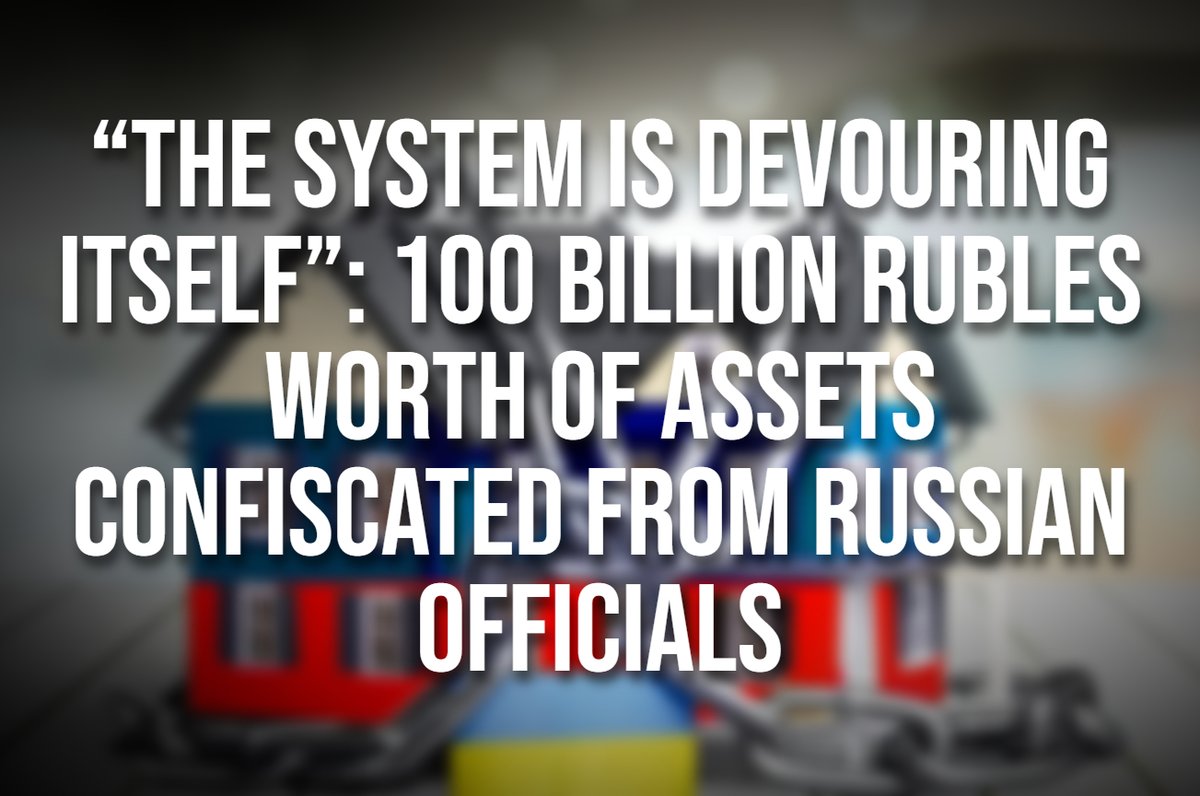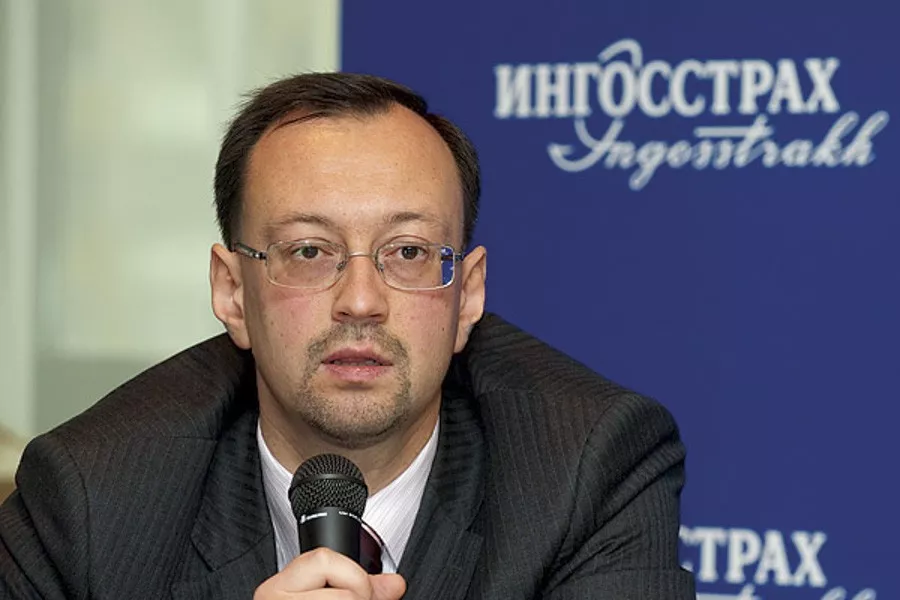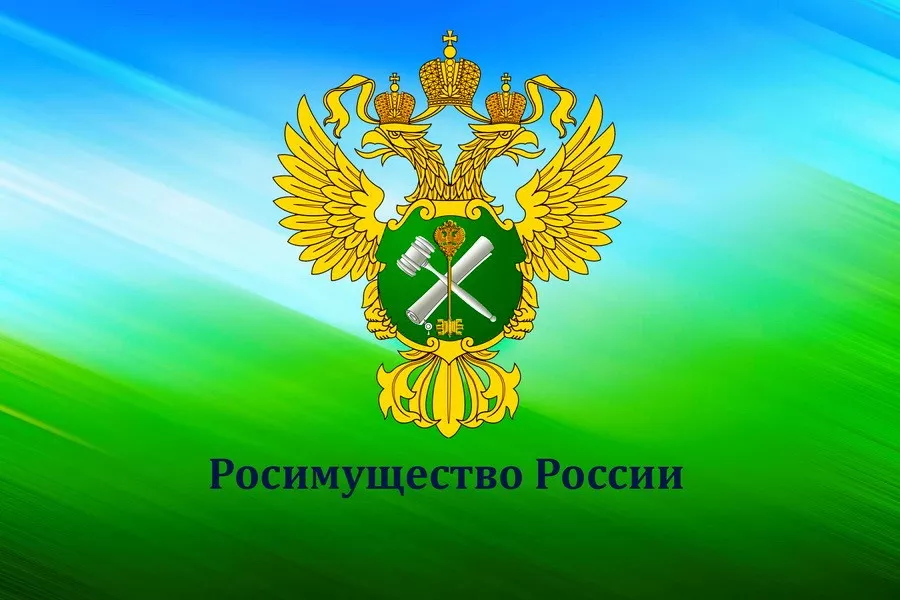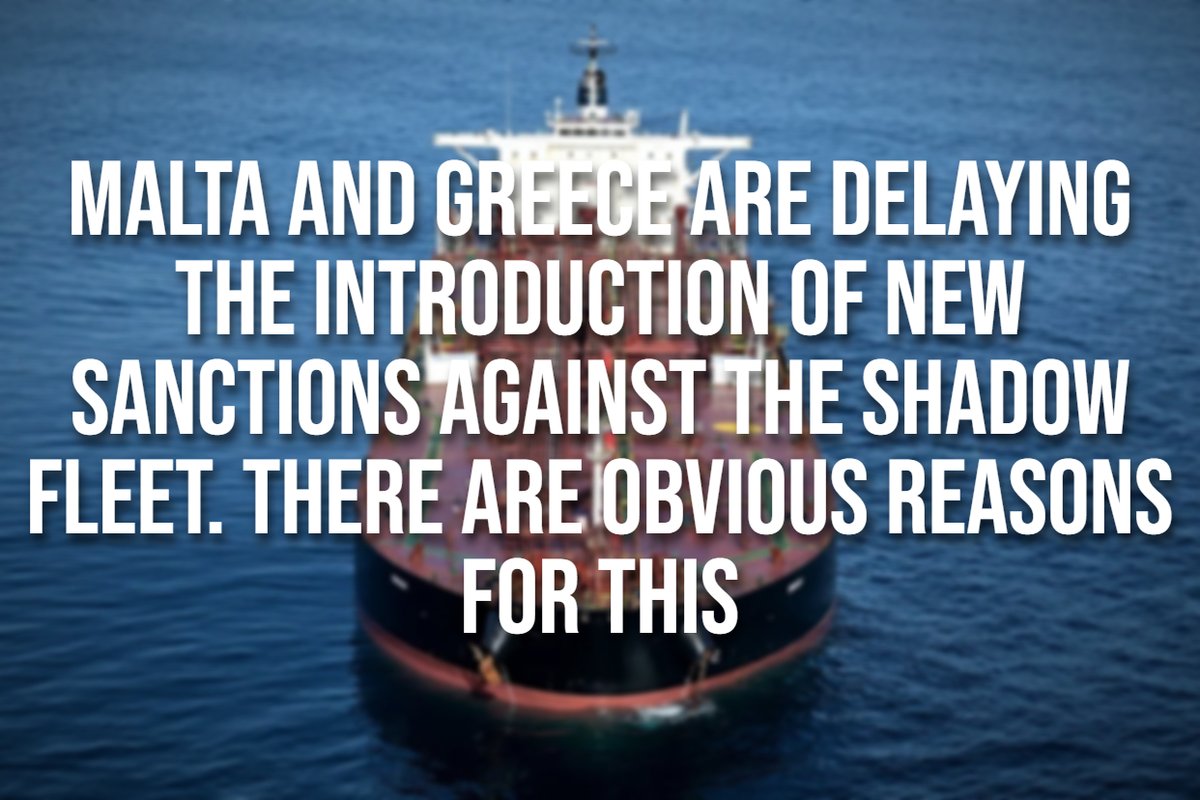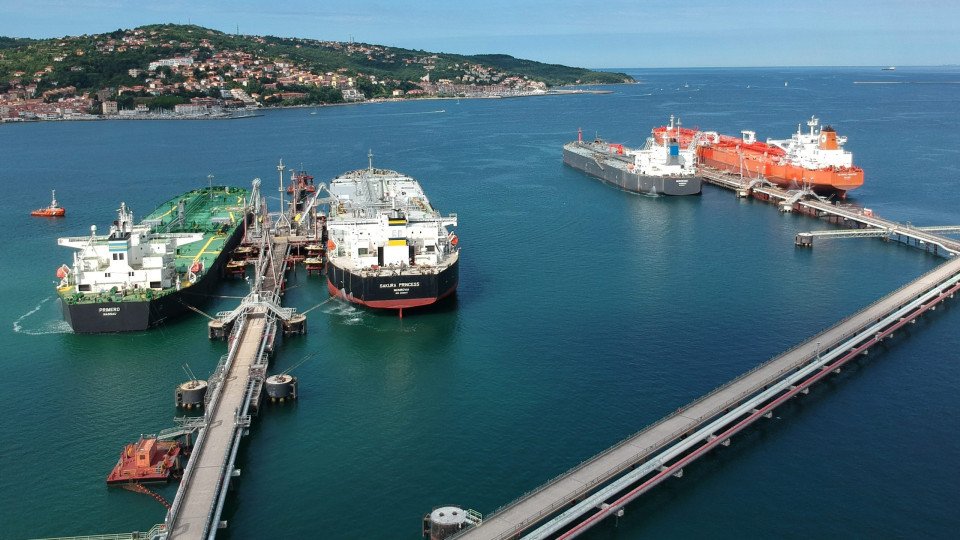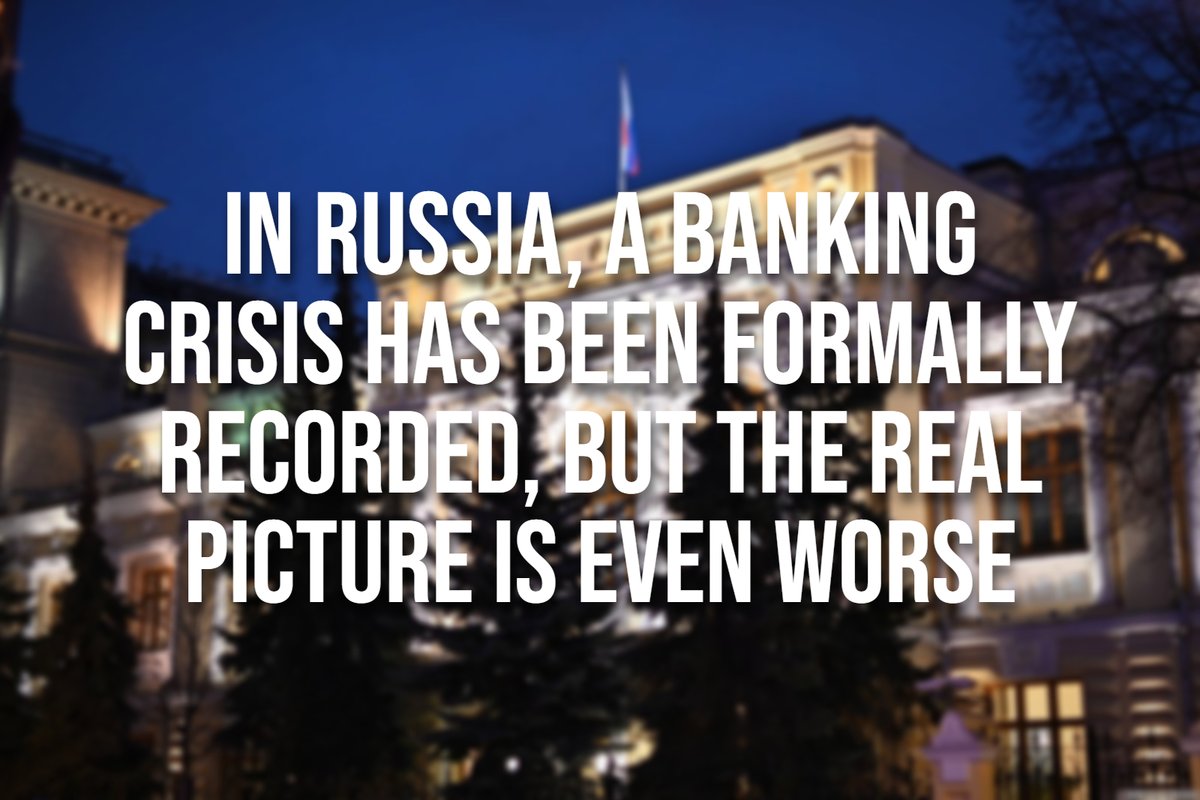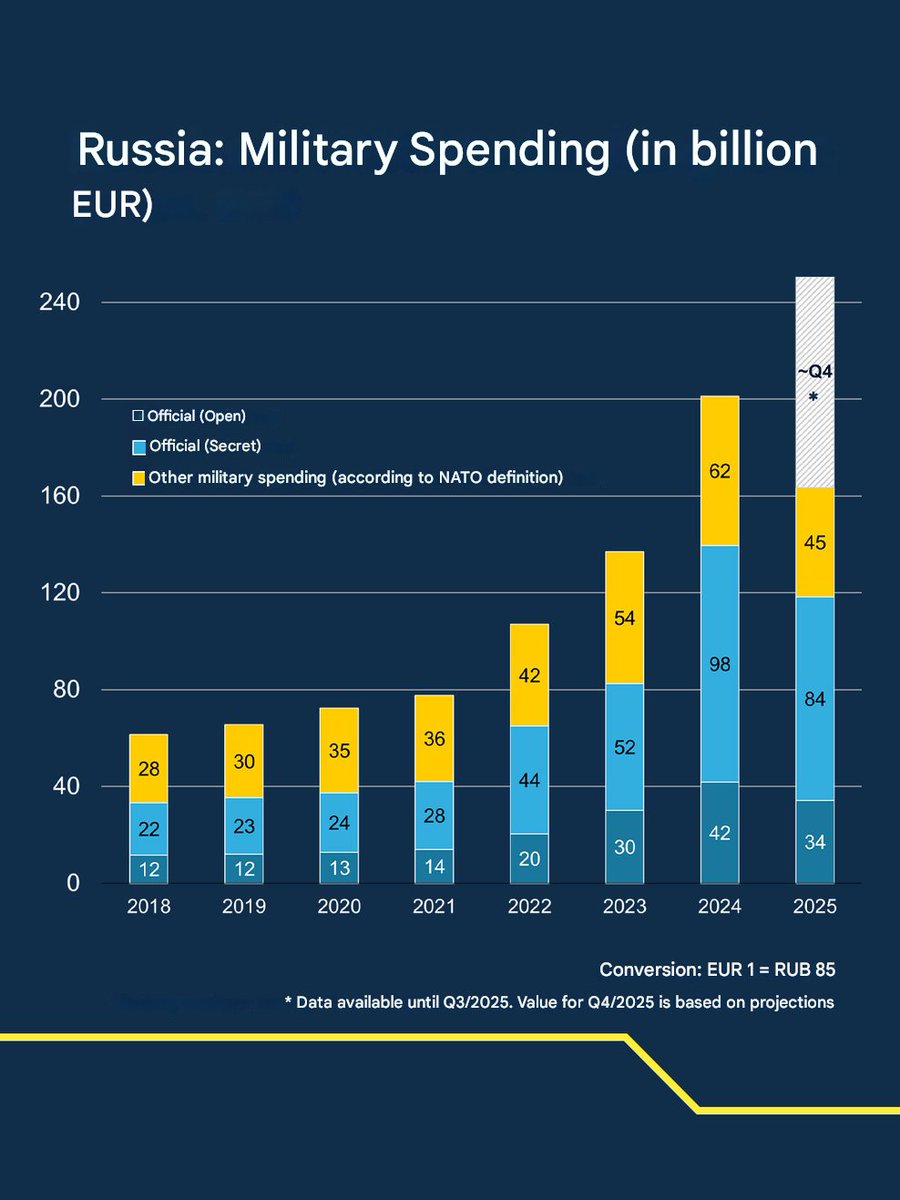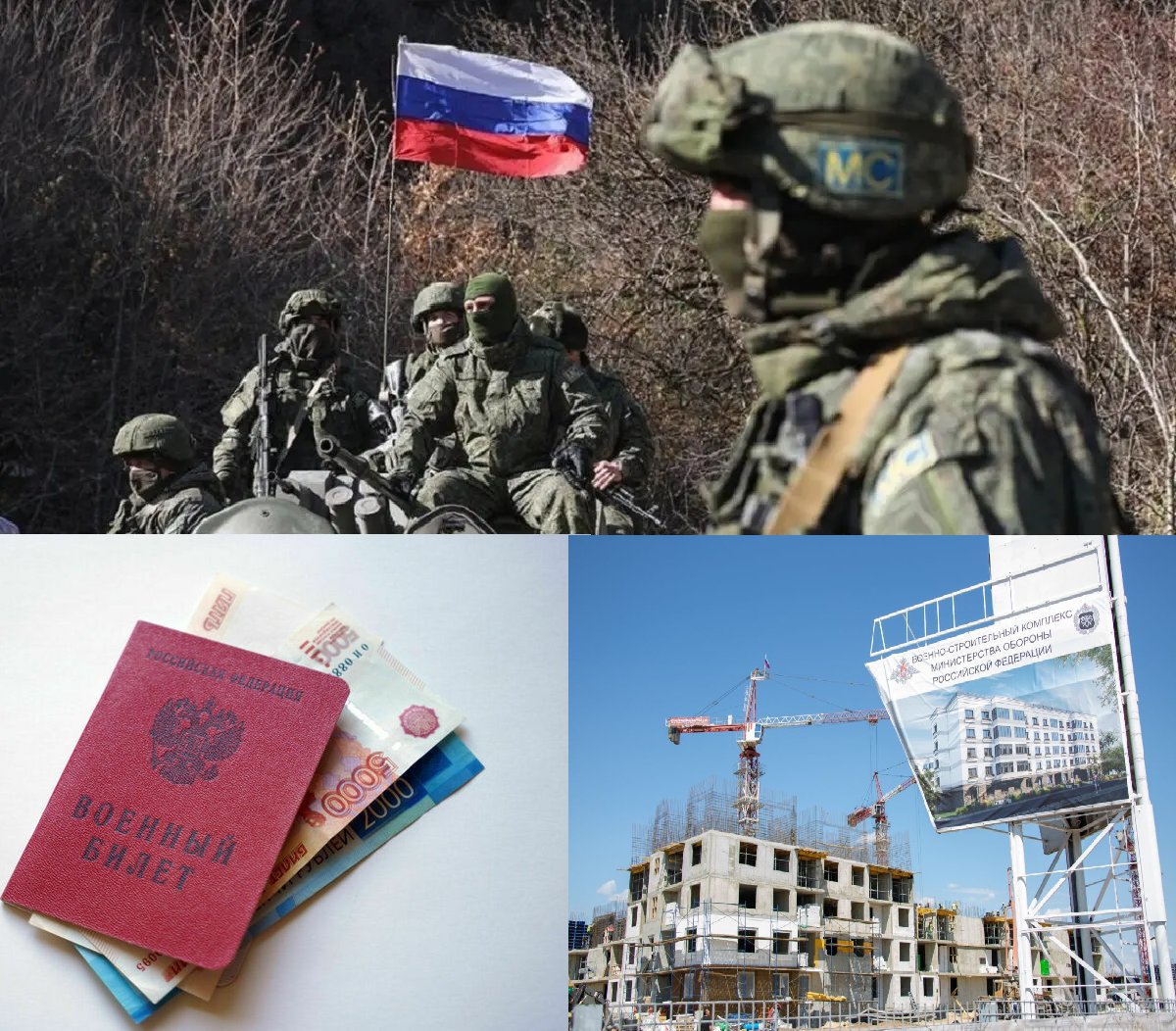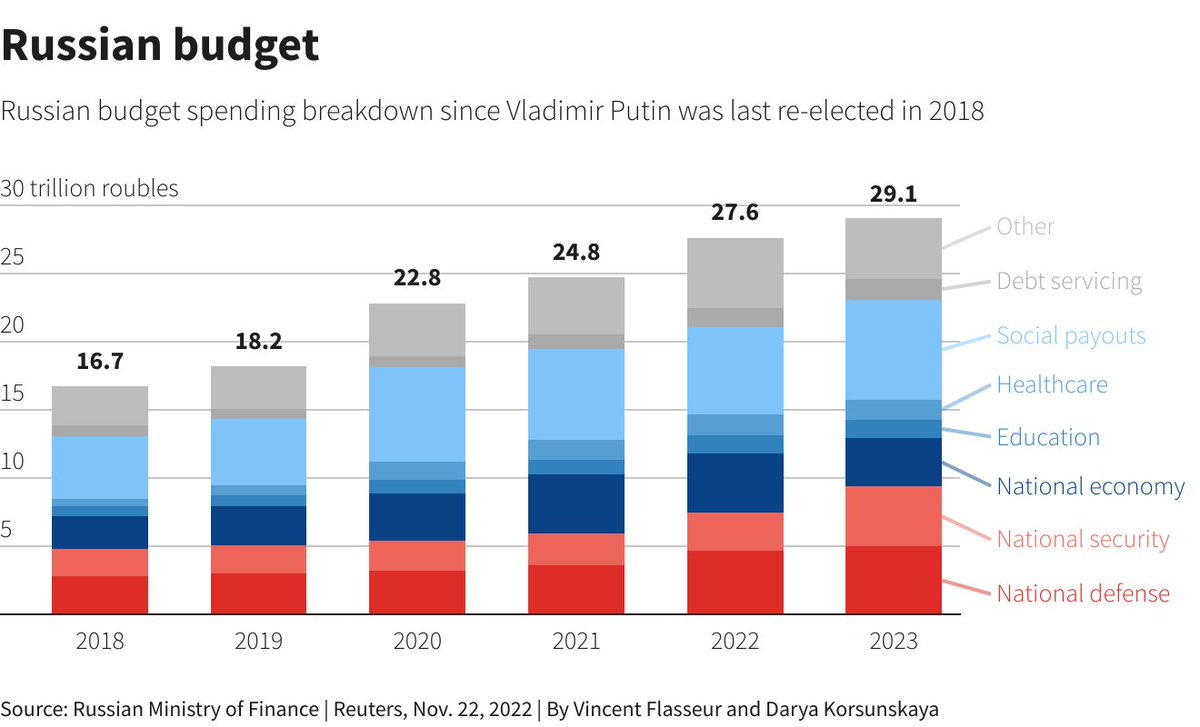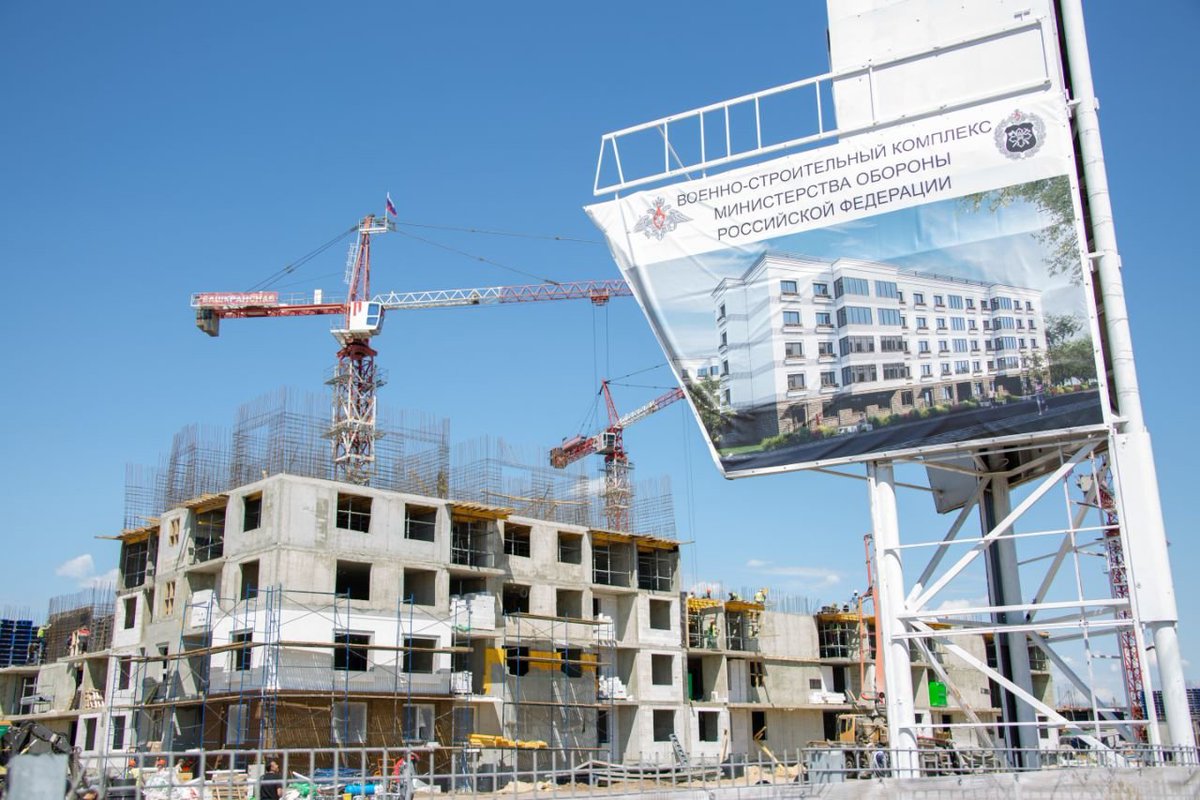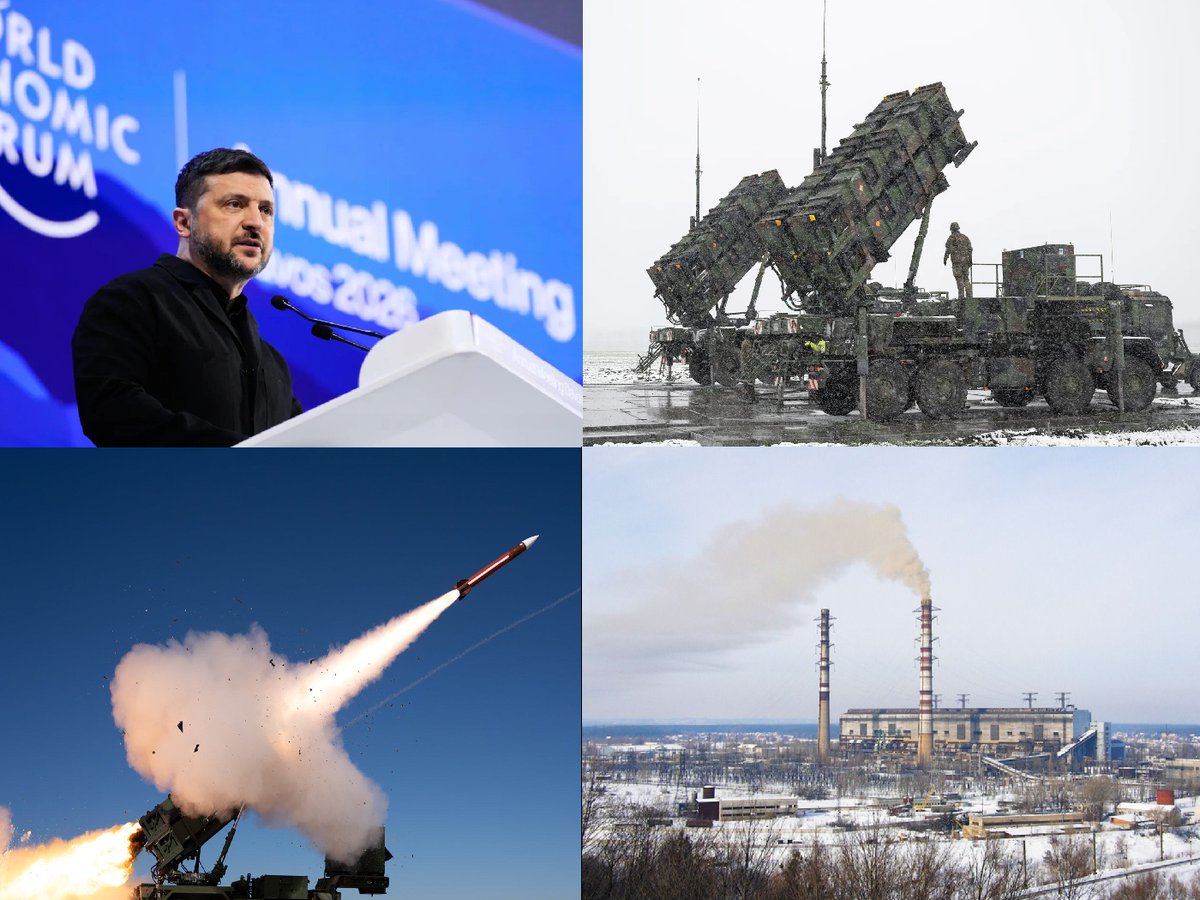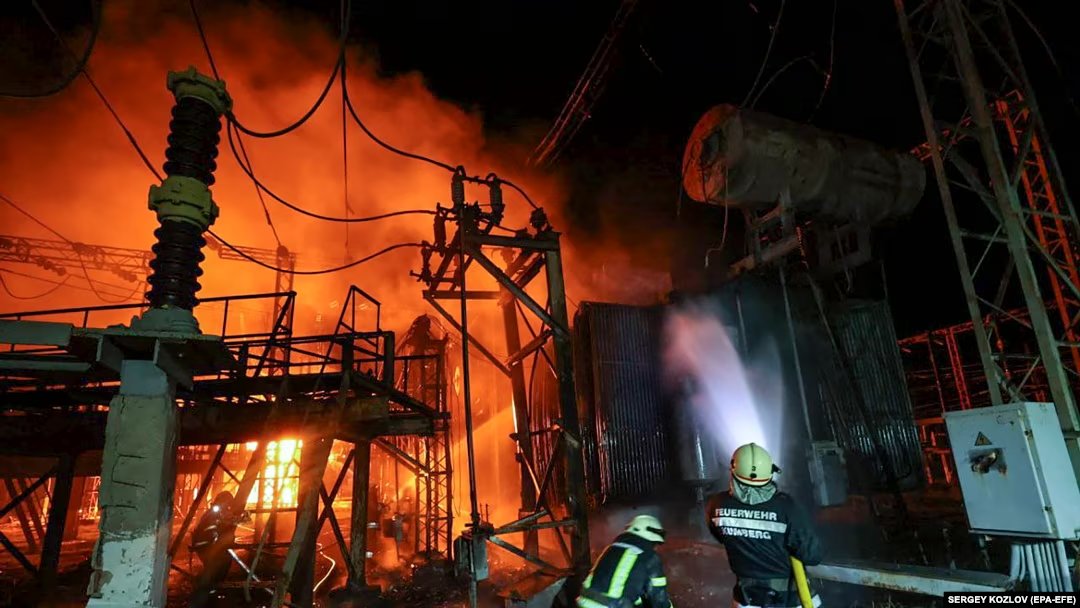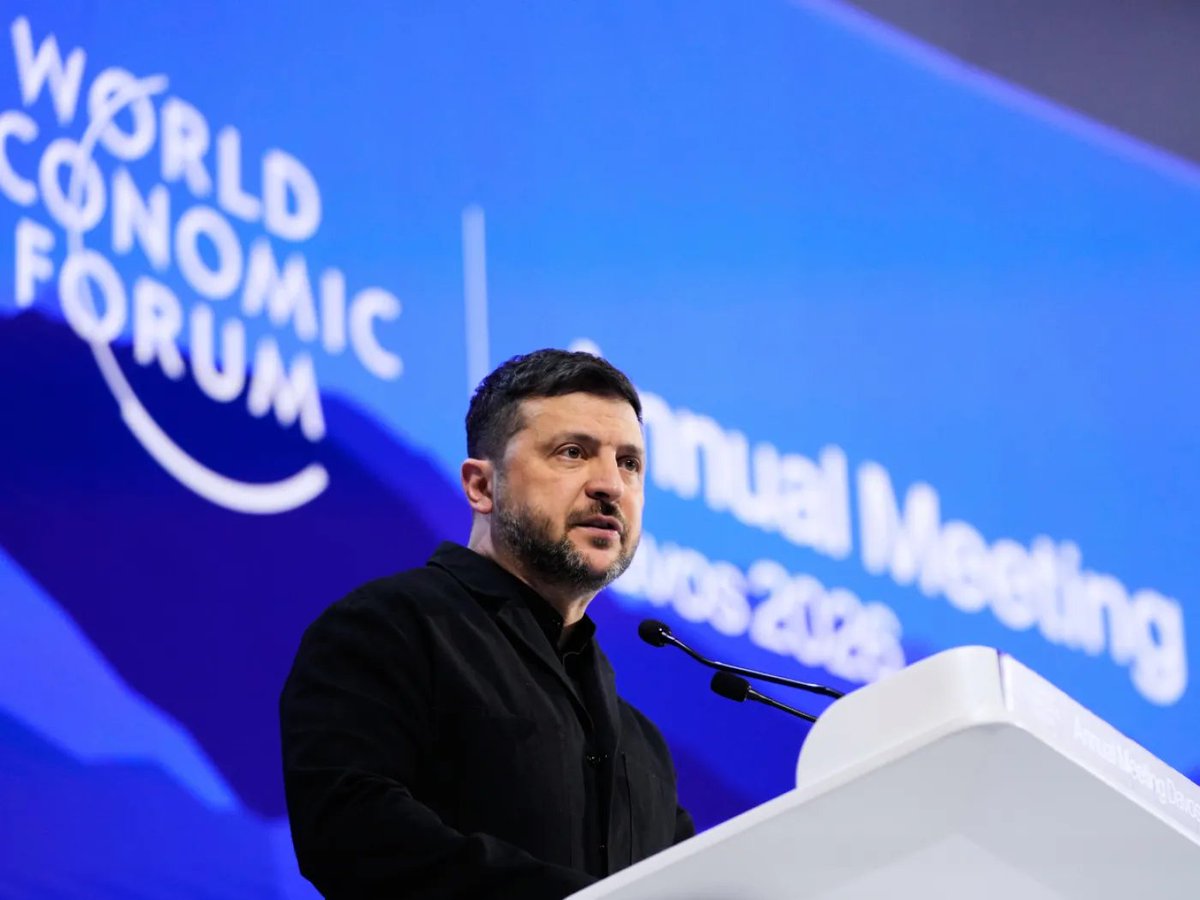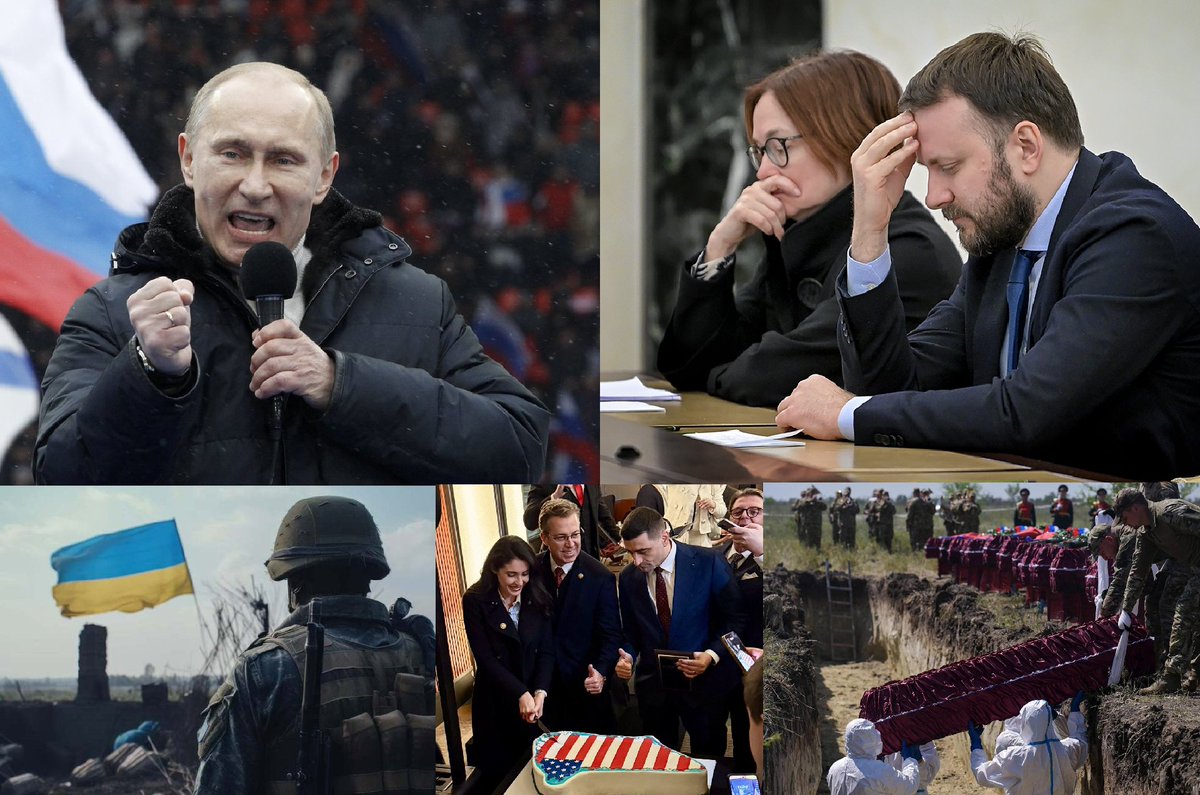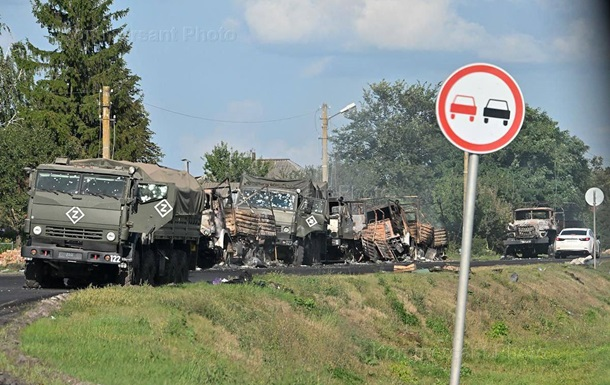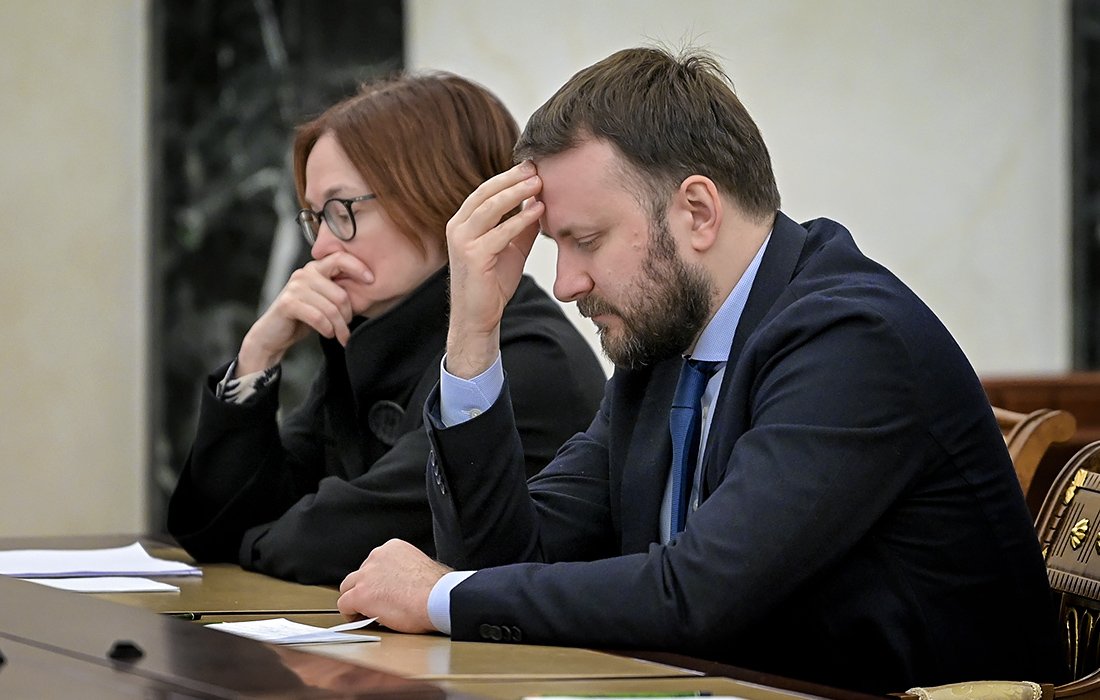What the Su-57 fighter can do and its destruction can tell us about the general state of the Russian army. Like the T-14 tank, the Armata is simply a PR project of the Russian army, the purpose of which is not to build a fifth-generation aircraft, which it never was, but
1/11
1/11

to get the state budget and steal the money. In fact, the Su-57 is not a new platform, but a regular Su-35 with a modified appearance and some new systems. Sharp angles were added to give the impression of using stealth technology. The shapes of the wings and tail unit were
2/11
2/11

changed. The Su-57 is equipped with AL-41F1 engines. This is a modernization of the AL-41F engine, developed in the 1970s. According to official data, 60 billion rubles were spent on development. These figures were cited by Putin, so in reality the cost may be much higher.
3/11
3/11

The result is a very expensive aircraft, but not much different from the cheaper Su-35, so its purchase does not make sense for the Russian army. From the beginning of development in 2001 to the first flight in 2010, 15 aircraft have been assembled to this day, including
4/11
4/11

prototypes. Now there are 14 left. The newest Russian aircraft was destroyed by a cheap drone. Another example of Russian sloppiness and reliance on chance. In Russia, money was allocated for the construction of hangars for aircraft, but, surprise, it was stolen. There was
5/11
5/11

only enough for an anti-drone net. Again, this is an indicator of how the army is organized. An order and money come from above to build protection for aircraft. The money goes into the pockets of officials, the order goes further - protection for aircraft is needed.
6/11
6/11

The rest of the funds go into the pockets of the airfield management, the order is passed on - Ivan and a team of airfield workers must build protection for the aircraft from what is on site. A dome is built from a fence mesh, paperwork is drawn up - the protection is built.
7/11
7/11

Documents and reports go to the top that the aircraft is protected. On paper, everything looks good. The boss can rest easy. And what about the Ukrainian drones? No, they won't come. But they did come. Who's to blame? Ivan and his comrades. And Shoigu, of course. They say,
8/11
8/11

this is his legacy. Russians hope that something will change under Andrei Belousov, but the Russian system cannot change, which is, of course, good for Ukraine. Russia needs smart generals, but a smart general will not carry out Putin's criminal orders and serve under a
9/11
9/11
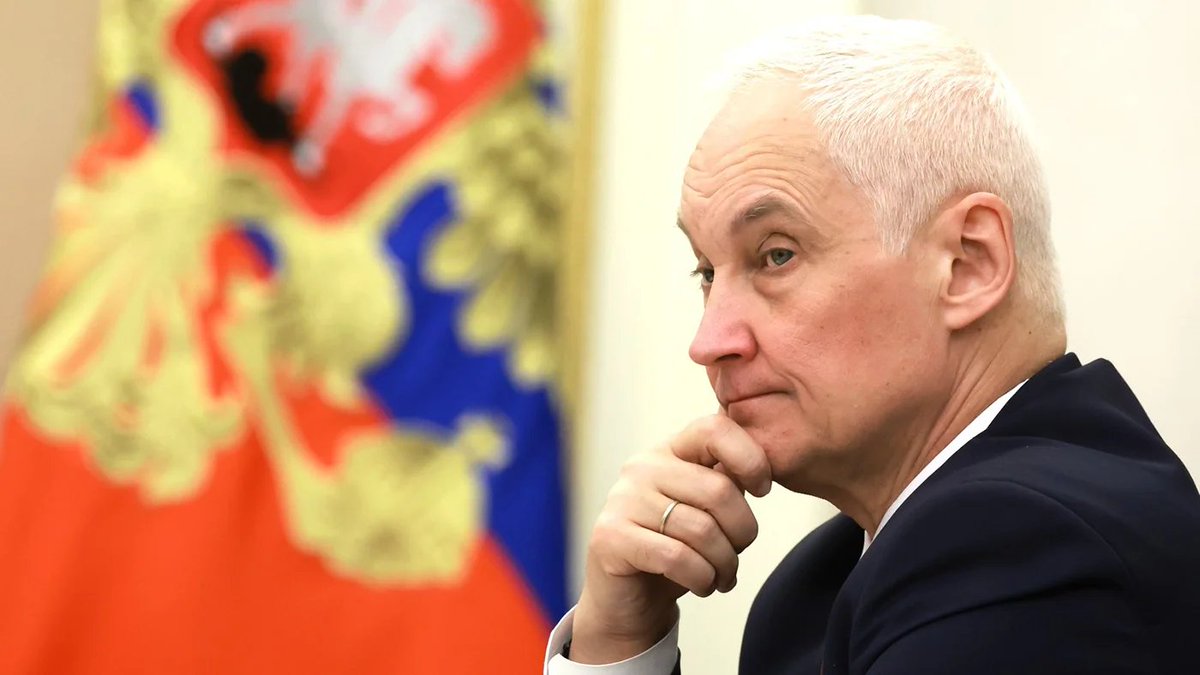
dictatorship. It's a vicious circle. No matter what changes there are in the government, when the system is built on lies, theft and deception, only liars, thieves and cheaters can work in it.
10/11
10/11

Ukraine is systematically destroying Russian air defense systems, creating more and more holes for possible attacks, and we will see even more in the future.
11/11
11/11

• • •
Missing some Tweet in this thread? You can try to
force a refresh


